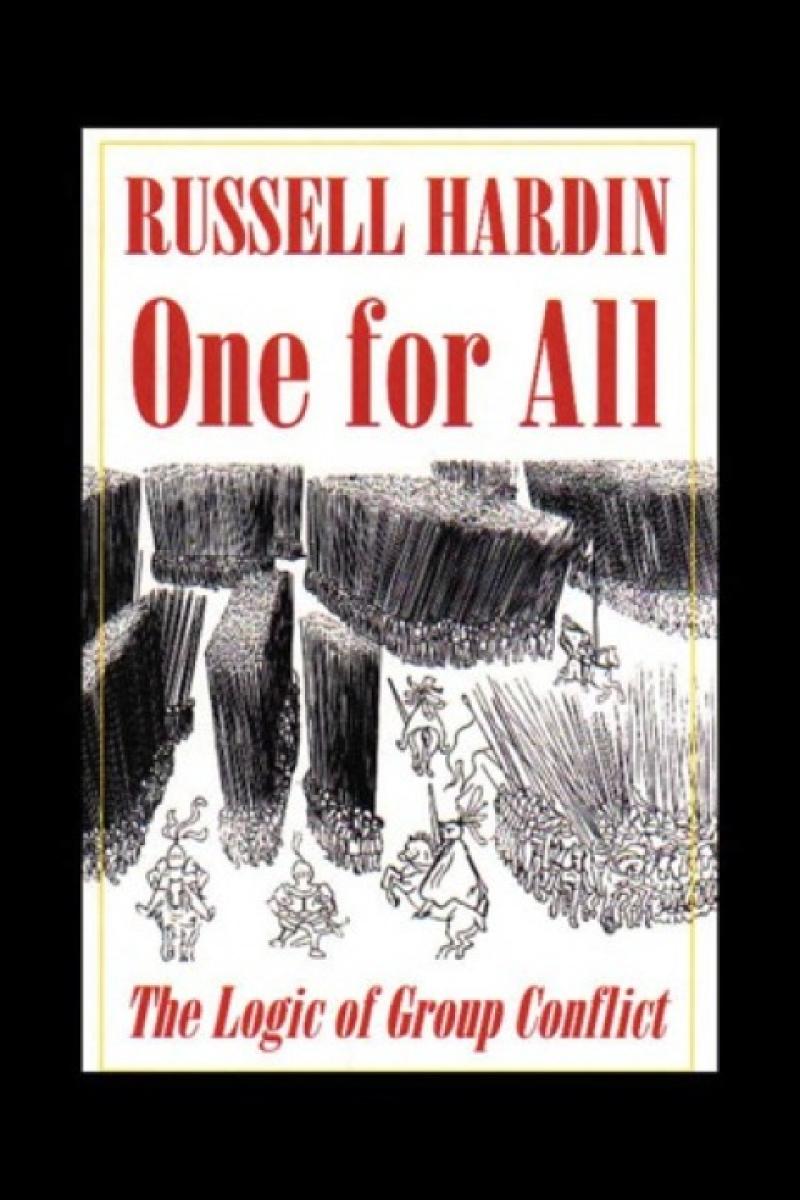In a book that challenges the most widely held ideas of why
individuals engage in collective conflict, Russell Hardin offers a
timely, crucial explanation of group action in its most destructive
forms. Contrary to those observers who attribute group violence to
irrationality, primordial instinct, or complex psychology, Hardin
uncovers a systematic exploitation of self-interest in the
underpinnings of group identification and collective violence. Using
examples from Mafia vendettas to ethnic violence in places such as
Bosnia and Rwanda, he describes the social and economic circumstances
that set this violence into motion. Hardin explains why hatred alone
does not necessarily start wars but how leaders cultivate it to
mobilize their people. He also reveals the thinking behind the
preemptive strikes that contribute to much of the violence between
groups, identifies the dangers of "particularist" communitarianism,
and argues for government structures to prevent any ethnic or other
group from having too much sway. Exploring conflict between groups
such as Serbs and Croats, Hutu and Tutsi, Northern Irish Catholics and
Protestants, Hardin vividly illustrates the danger that arises when
individual and group interests merge. In these examples, groups of
people have been governed by movements that managed to reflect their
members' personal interests--mainly by striving for political and
economic advances at the expense of other groups and by closing
themselves off from society at large. The author concludes that we
make a better and safer world if we design our social institutions to
facilitate individual efforts to achieve personal goals than if we
concentrate on the ethnic political makeup of our respective
societies.
Les mer
The Logic of Group Conflict
Produktdetaljer
ISBN
9781400821693
Publisert
2013
Utgiver
Vendor
Princeton University Press
Språk
Product language
Engelsk
Format
Product format
Digital bok
Antall sider
304
Forfatter
